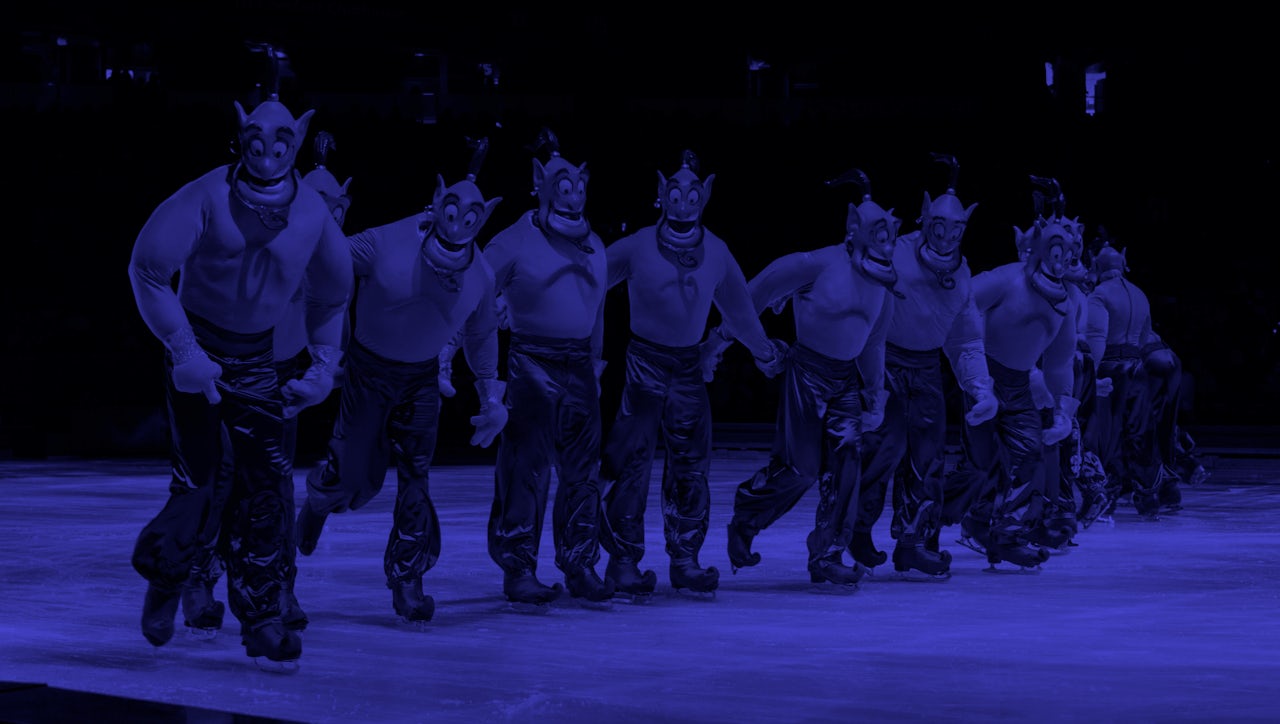Producers of Disney’s upcoming live-action Aladdin remake are looking for the perfect lead. For the eponymous role, they need someone who can sing, dance, act, and, most perhaps most importantly, pass in the U.S. as Middle Eastern. But five months and 2,000 auditions later, the film’s production schedule has had to be pushed back as Disney struggles to find their perfect Aladdin and Jasmine. That’s despite reports that the search was extended to actors of South Asian descent. As many Twitter users have commented, the delayed casting process is absurd. “The fact no one can fan cast actual arabs for aladdin speaks volumes on how little arab rep there is in hollywood,” wrote one user. “Aladdin is neither South Asian nor Arab. He is a cartoon hybrid of every racist trope about the ‘other’,” wrote another.
But even once the titular role is filled, Disney has many obstacles ahead of it if it wants to continue raking in profits from live-action remakes — (13 of which are reportedly in the works) — and win dubious progressive points for casting a brown person in its lead. Beauty and the Beast, Cinderella, and Alice in Wonderland proved to be lucrative, low-risk projects for the company. But movies that focus on characters of color, namely Aladdin and Mulan, both of which are currently casting for leads, require much more overhaul than simply replacing animations with people and updating a few songs. Both films center people of color as their heroes while also relying on cultural stereotypes and demonization of people of color as “the other” to relay their stories of the triumph of good over evil. And while there was never a place in pop culture for such overt racism in film, the stakes for Disney are high in a time where online discussion helps consumers hold companies accountable for their laziness.
How Disney approaches Aladdin is particularly crucial considering the current political climate.
The Orientalist racism of Aladdin is obvious from its opening song “Arabian Nights,” in which The Peddler, making his way by camel across a desert in an unspecified country somewhere in North Africa or the Middle East, sings, “Oh, I come from a land/ From a faraway place/ Where the caravan camels roam/ Where it's flat and immense/ And the heat is intense/ It's barbaric, but hey, it's home.” (Notably, the original lyrics: “Oh, I come from a land/ From a faraway place/ Where the caravan camels roam/ Where they cut off your ear/ If they don't like your face/ It's barbaric, but hey, it's home” until the American-Arab Anti-Discrimination Committee met with Disney representatives shortly after the film’s 1993 theatrical release. “That's progress, but still unacceptable,” declared a New York Times op-ed at the time. )
Similarly, Mulan has been called out by scholars and activists for distorting and otherizing Chinese culture while relying on American stereotypes of Asian people to tell the Chinese legend. And as many writers have noted over the years, the villains in both films are depicted with darker skin and more exaggerated features than their heroic counterparts.
How Disney approaches Aladdin is particularly crucial considering the current political climate in which anti-Muslim incidents in the U.S. have surged, bolstered by mainstream Islamophobic rhetoric. Disney has a horrible track record when it comes to depicting non-European cultures. And its reported casting troubles are doing nothing to assuage fears that a live-action Aladdin will end up just as, if not more, culturally offensive than its animated predecessor.
It may seem cynical to have such low hopes, but as many recent projects have shown, good intentions aren’t enough to defeat the racism so commonplace in American productions. If producers really want to do a good job remaking Aladdin, they might be better off putting more work in and creating the film entirely from scratch. We’ve all already watched the original to death, anyway.
